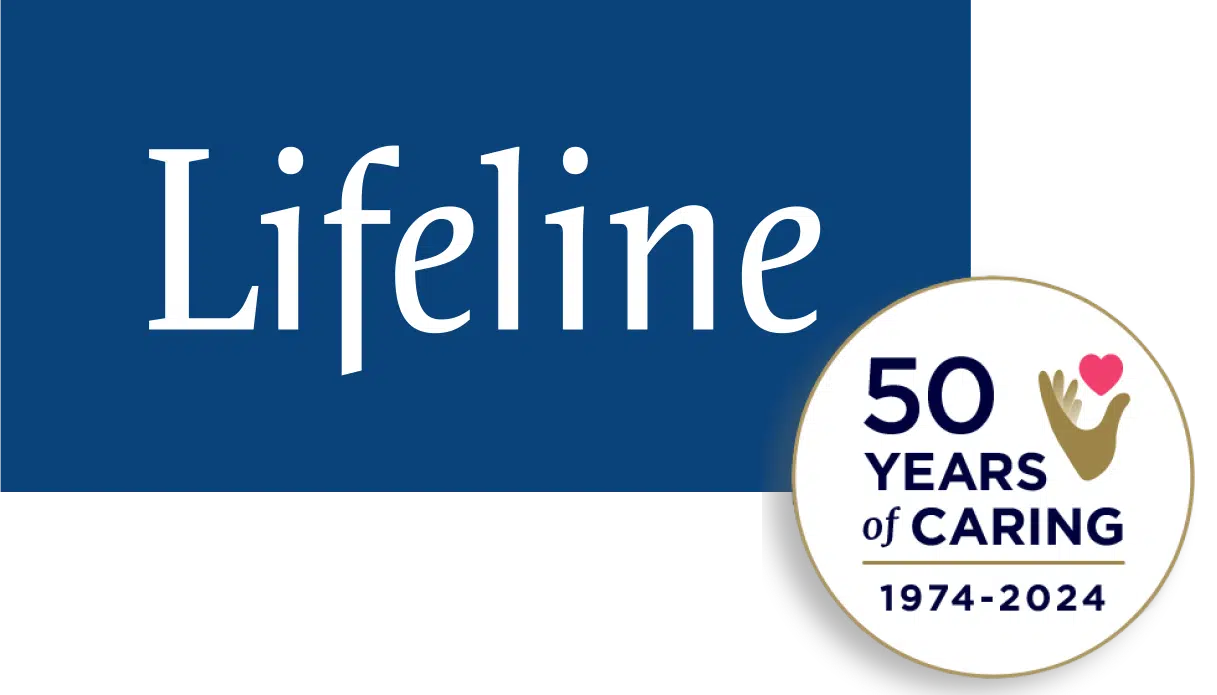Heart Health Tips for Seniors
Recommendations for better heart health
Why is heart health important?
According to the Heart and Stroke Foundation heart disease and stroke claim the lives of more men and women in Canada than any other cause. In fact, over 1.3 million Canadians are living with heart disease. Although some risk for heart disease is inherited, there are many actions you can take to reduce your chances of developing this dangerous condition and improve your heart health.
What is Heart Disease?
Heart disease includes a number of conditions affecting the structures or function of the heart. They can include:
- Coronary artery disease, also called coronary heart disease (CHD) is the narrowing of the arteries
- Heart attack
- Abnormal heart rhythms or arrythmias
- Heart failure
- Heart valve disease
- Congenital heart disease
- Heart muscle disease (cardiomyopathy)
- Pericardial disease
- Aorta disease and Marfan syndrome
- Vascular disease (blood vessel disease)
What are the risk factors of Cardiovascular Disease?
Understanding the different types of heart disease and knowing if you have risk factors can help you to prevent it. According to the World Health Organization, the most important behavioural risk factors of heart disease and stroke are unhealthy diet, physical inactivity, tobacco use and harmful use of alcohol. The effects of behavioral risk factors may show up in individuals as raised blood pressure, raised blood glucose, raised blood lipids, and being overweight and obesity. These “intermediate risks factors” can be measured in primary care facilities and indicate an increased risk of developing a heart attack, stroke, heart failure and other complications.
Heart health tips that every senior should know
Simple lifestyle changes will go a long way towards lowering blood pressure and cholesterol levels and improving overall heart health.
1. Exercise regularly
Regular aerobic exercise can help the heart pump more efficiently and can help you maintain a healthy weight by lowering cholesterol and blood pressure.
Check with your local senior center or community center to find low-cost or free exercise classes to maintain your physical activity.
2. Maintain a healthy weight
Being overweight or obese can increase your risk of heart disease.
Body weight increases can be a sign of increased fluid retention. Report a gain of over two pounds in a day or five pounds in a week. Make sure to weigh yourself at the same time each day.
3. Take steps to quit smoking
Cigarette smoking damages blood vessels and puts extra strain on your heart and cardiovascular health, therefore greatly increasing your risk for heart disease. Your doctor can suggest ways to help you quit.
If you do smoke, call 1 877-513-5333 for guidance.
4. Consult a professional
It is vital that a healthcare provider monitor your heart health and medications.
Keep all your appointments and be prepared to ask questions.
Medications for heart failure can only work if taken as prescribed.
Flu and pneumonia are especially dangerous for people with heart failure. Be sure you are immunized and avoid people with communicable diseases.
5. Eat a healthy diet
Our bodies need the right vitamins, minerals, and other nutrients to stay healthy. A heart healthy diet includes: whole grains, fruits, vegetables, lean meats, and low-fat milk products.
Cholesterol and saturated fat contribute to coronary artery disease, a major cause of heart failure.
Cut down on sodium (salt); look for lows odium or no-salt added products; such as: soup, canned vegetables, snack food and lunch meats.
Add more fibre to your diet by eating plenty of fresh fruit, vegetables, and whole grains.
6. Limit alcohol use
As we age, we become more sensitive to alcohol’s effects. The same amount of alcohol can have a greater effect on an older adult than on someone who is younger.
Alcoholic beverages can weaken the heart and may interact negatively with your medications. If you drink alcohol, discuss safe levels of alcohol intake with your healthcare provider.
Older adults are more likely to have health problems that can become more serious with alcohol. Some examples of these conditions are stroke, high blood pressure, memory loss, and mood disorders.
Lifestyle changes can be challenging but are crucial in reducing the risk of developing heart disease. Regular exercise and healthy eating habits can effectively lower blood pressure levels while managing stress and getting adequate sleep can also contribute to overall heart health.



